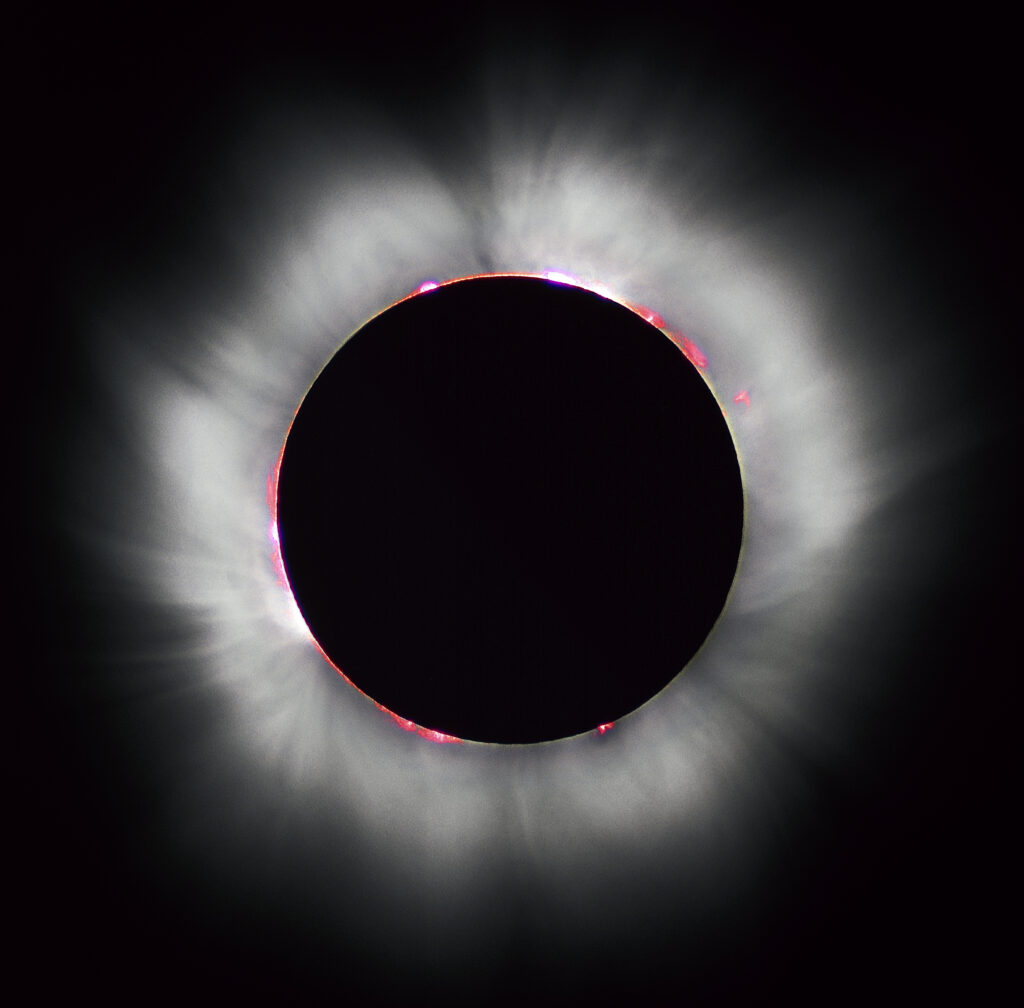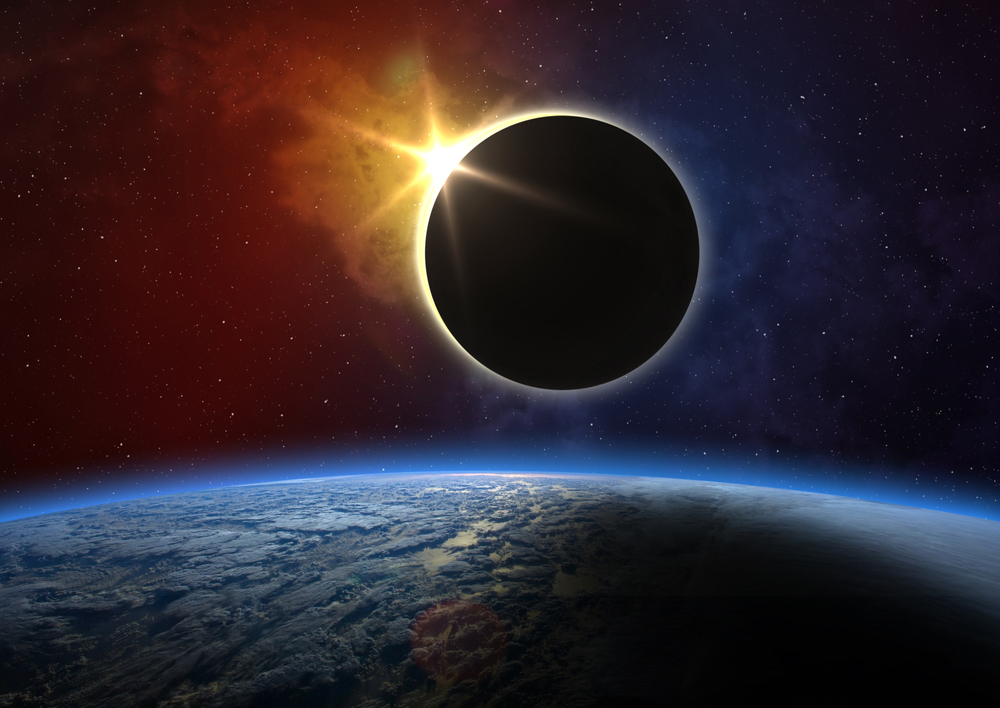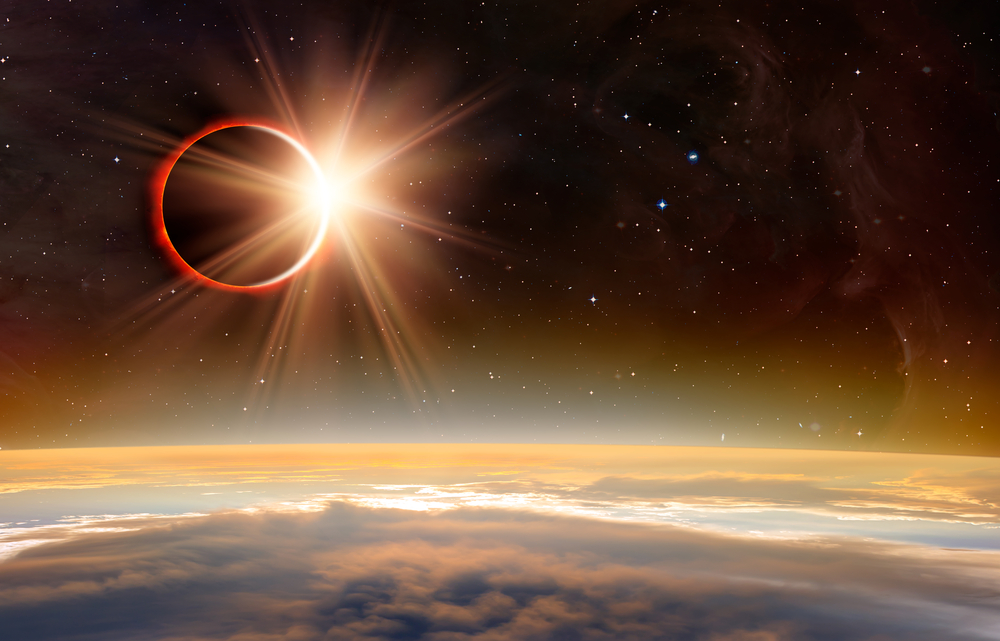Spain Prepares for Trio of Solar Eclipses
In the coming years, Spain is poised to witness a rare astronomical spectacle: a trio of consecutive solar eclipses set to occur in 2026, 2027, and 2028. These celestial events not only hold significant scientific and cultural importance but also present various challenges and opportunities, including tourism, transportation, logistics, education, and public outreach. In this article we will list the location and dates of each solar eclipse, advise and demonstrate from where they will be visible and how Spain is preparing for the trio of eclipses.
Anticipation and Logistics: Navigating Spain’s Trio of Solar Eclipses
In response to this cosmic phenomenon, the National Astronomy Commission of Spain has established the National Eclipse Commission (NEC) to spearhead the coordination and execution of associated activities.The NEC comprises leading figures in the field of astronomy in Spain and will gradually incorporate specialized working groups to facilitate the achievement of its objectives. With the prospect of three solar eclipses on the horizon, both total and annular, there is a national and international anticipation, drawing thousands of enthusiasts and spectators to regions offering optimal visibility.

The Federation of Astronomical Associations of Spain (FAAE) is calling for collaboration from amateur astronomy groups to assist in the preparation for these events, particularly concerning the logistical arrangements necessary to ensure optimal viewing conditions for visitors from around the globe.
The FAAE’s website serves as a platform for disseminating relevant information about the upcoming eclipses, as well as contributions from participating associations. Contributions from amateurs, professionals, and associations are encouraged to enrich the website with content related to solar eclipses, including observation techniques, photographic and videographic methods, as well as personal accounts and experiences from previous eclipses.
Solar Eclipse Schedule and Highlights
Total Solar Eclipse – 2026 – August 12th:
- The totality of this eclipse will be visible in the late afternoon, with decreasing altitude towards the eastern horizon.
- Duration of totality will vary from 1 minute 50 seconds to 1 minute 36 seconds along the central line, diminishing to mere seconds at the northern and southern limits of the totality path.
Total Solar Eclipse – 2027 – August 2nd:
- The northern zone of the totality path will traverse most of the province of Cádiz, Ceuta, and the southern regions of Málaga, Granada, and Almería, with Melilla located in the southern zone.
- Totality will occur in the morning hours, with durations ranging from 2 minutes 53 seconds in Cádiz to 4 minutes 48 seconds in Ceuta.
Annular Solar Eclipse – 2028 – January 26th:
- The annular phase will be visible in the late afternoon, resulting in a decrease in solar altitude towards the east.
- Duration of annularity will range from 7 minutes 16 seconds to 7 minutes 04 seconds along the central line, tapering off to mere seconds at the northern and southern limits of the annularity path.

Understanding the Difference: Total vs. Annular Solar Eclipses
A total solar eclipse occurs when the Moon passes directly between the Earth and the Sun, blocking out the Sun’s entire disk. This creates a temporary darkness known as totality, during which the Sun’s corona becomes visible.
On the other hand, an annular solar eclipse happens when the Moon is slightly farther away from the Earth in its orbit, causing it to appear smaller in the sky. As a result, when the Moon passes in front of the Sun, it does not completely cover the Sun’s disk. Instead, a ring of sunlight remains visible around the edges of the Moon, creating what is known as a ‘ring of fire’ or annulus. Unlike total eclipses, annular eclipses do not result in total darkness, but rather a partial dimming of sunlight.

Share this content:




6 comments